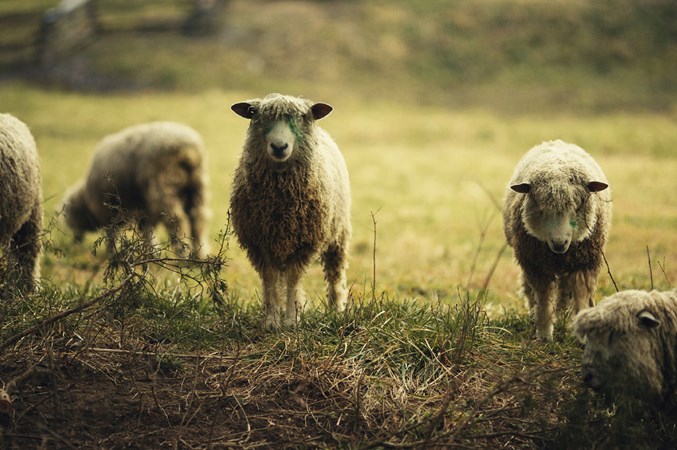Animal welfare campaigners urge Governor Ige to pull support for octopus factory farming
10/8/2021
Honolulu, HI (Oct. 8, 2021) – Compassion in World Farming has written to Governor David Ige urging him to withdraw government support for the USA’s only octopus farm—located at the Hawai’i Ocean Science and Technology (HOST) Park in Kailua Kona. Accompanying the letter, a new report, released today (October 8, 2021), on World Octopus Day, reveals that octopus farming is cruel and damaging to the planet.
Compassion’s report—“Octopus Factory Farming – A Recipe for Disaster”—reveals how octopuses suffer greatly in captivity due to their solitary and inquisitive nature and exposes the lack of any approved humane slaughter methods. In addition, there is currently limited state legislation to protect their welfare in farms, and their carnivorous diet makes farming them unsustainable and damaging to the environment.
The Kanaloa Octopus Farm is currently the only active octopus farm in the United States. The facility works as both a cephalopod aquaculture research facility and a tourist attraction and hopes to develop octopus farming at a commercial level. Here, juvenile octopuses are collected from the ocean and fattened in tanks. Videos uploaded to YouTube show octopuses at the farm instantly changing color to camouflage themselves from tourists who are encouraged to touch, feed and play with the animals. These anti-predatory strategies demonstrate how complex and unique these animals are.
Ben Williamson, Executive Director of Compassion in World Farming, explained: “The Netflix film, My Octopus Teacher, gave the world a moving glimpse into the lives of these unique, naturally solitary and fragile wild animals. People who watched it will be appalled to discover that the Hawaiian government sponsors the confinement and torment of these fascinating, inquisitive, and sentient creatures in a factory farm.
“Our report, launched today on World Octopus Day, reveals eight reasons why octopuses should not be factory farmed. It details the suffering farming causes, the lack of approved humane slaughter methods and the absence of any significant legislation to protect their welfare. What’s more, feeding fishmeal to these carnivorous wild animals in farms is unsustainable and is incredibly damaging to the environment.
“Octopuses are sentient animals, and so their welfare must be protected. However, octopus farming is an attempt to farm wild animals who have never been farmed before. Their welfare needs cannot be adequately met on farms, and they will suffer as a result.
“That’s why, today, we have written to Governor Ige expressing our concerns and urging him to stop any further development of octopus farming in Hawai’i.”
Sy Montgomery, award-winning author of The Soul of an Octopus, added: “With so many other sources of cheap, healthy protein available to humans, there is no reason to subject sensitive, delicate, smart, and emotional octopuses to the misery of factory farming. As this report clearly points out, to do so would be pointlessly cruel and recklessly unsustainable.”
Wild-caught octopuses are consumed all over the world, especially in several Mediterranean countries in Europe, as well as in Asia and Mexico. In the United States, almost 30,000 metric tons of wild-caught octopus were consumed in 2018, even as wild octopus populations shrink, resulting in increasing pressure to develop a way to intensively farm octopuses.
For more information or to schedule an interview, please email Ronnika.McFall@ciwf.org.


